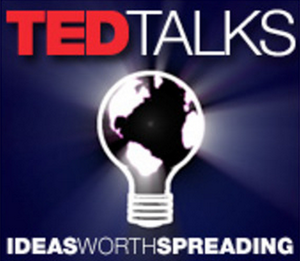 |
| If you haven't listened to any TED talks, you need to do that ASAP. They are incredible, as a rule. |
It isn't news that the real 1984 was much different from Orwell's. Orwell's 1984 idolizes hatred, violence, and betrayal. War is constant, and sex is frowned upon, love even more so. I was about halfway through the book when I knew for certain that it wasn't going to have a happy ending. I was hoping for bittersweet, but it turns out I didn't get that, either.
I was also about halfway through the book when I decided 1984 was Orwell's way of sneaking an essay on class theory into the fiction section. I'm not exaggerating; there is a good chunk of pages in the middle where the main character is reading what amounts to two essays on class theory, and the reader gets to read along. There is little to no plot or movement going on while these essays are read.
What I mean by "class theory" = how society's high, middle, and low classes interact.
The essays are interesting, and strange as it may sound, the book started being a faster read once I reached them. In my opinion, those essays are the point of the book. The rest of it is supportive material, an illustration of what the essays are talking about so as to drill it into our minds.
 |
| When the book described what Big Brother's face looked like, I felt like it was describing Stalin. So that's who I imagined. |
 Do I think Orwell has a valid point? I think that even if he did, it would take centuries, not decades, to happen.
Do I think Orwell has a valid point? I think that even if he did, it would take centuries, not decades, to happen.I also think that even if it were to happen, at some point--and it may well take millenia--the government would grow comfortable and make the smallest of mistakes. That mistake would start a chain reaction that would end in that government being overthrown.
My last thought that I'll share is that the Party would need a leader. It has Big Brother, but Big Brother is a myth, the face of the Party, not an actual leader. The world has the Inner Party, or what would equate to the high class, but as far as the reader knows, that is as high up as it gets. But someone needs to be organizing and overseeing everything if it is to flow smoothly. Left to their own devices, the Inner Party members would start working on conflicting projects that could mean the downfall of the Party. Someone has to be in charge, and that someone--singular, because they would have to be against sharing their power--has to be a psychopath who is absolutely aware of exactly what he or she is doing. Think The Joker.
This all said, I'm going to the library today to pick up a happier book.

No comments:
Post a Comment